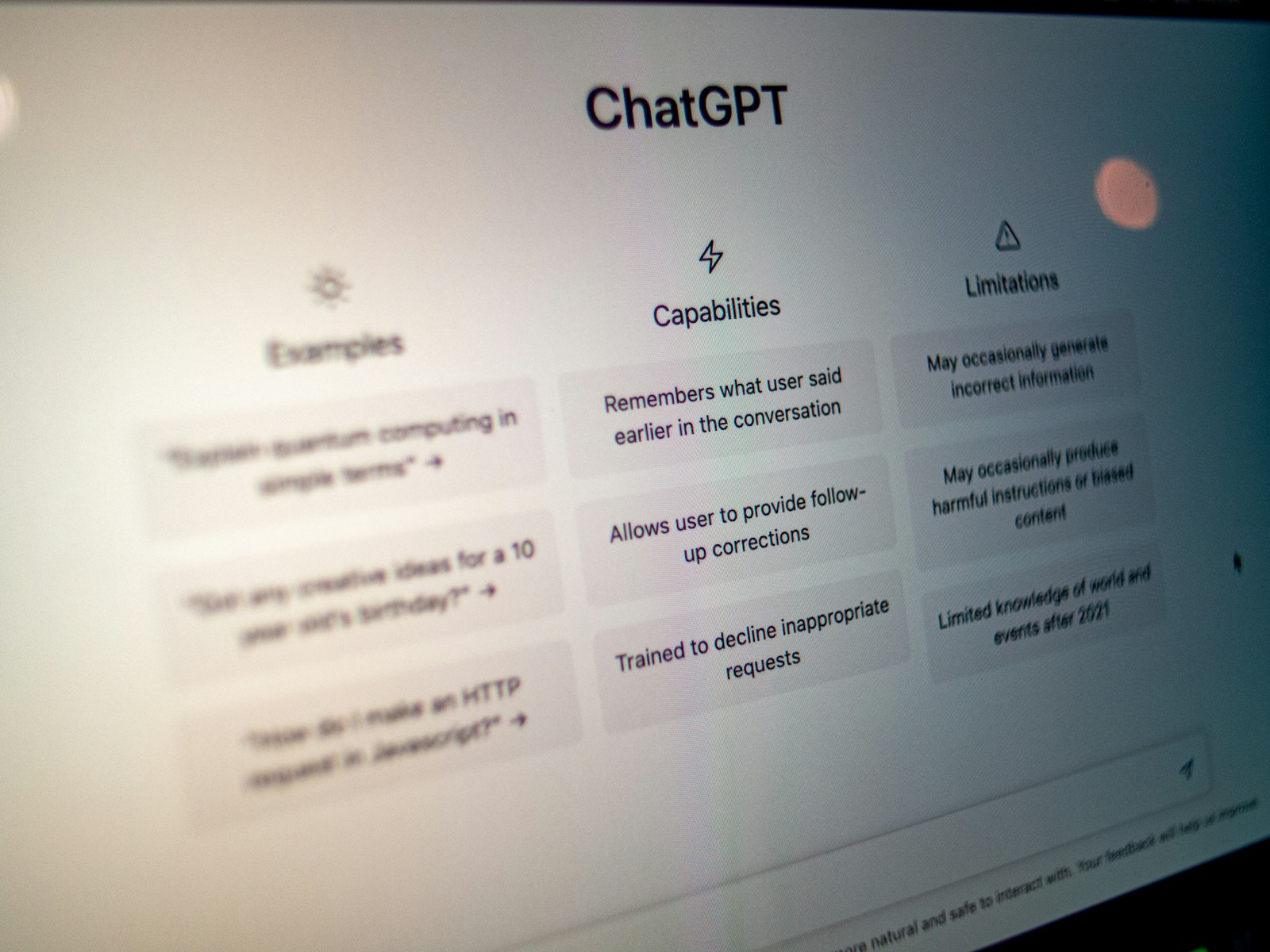OpenAI Incorporates Indian Subsidiary, Launches India-Specific ChatGPT Plan

In a sweeping move to strengthen its footprint in India, OpenAI, , the global artificial intelligence company behind ChatGPT, has unveiled a trio of key initiatives aimed at expanding equitable access to AI tools, enhancing educational outcomes, and establishing a local corporate presence.
Launch of the India-First Learning Accelerator
OpenAI has announced the OpenAI Learning Accelerator, a landmark program designed to bring AI-powered tools and research tailored to the Indian education system. Key highlights include:
- A ₹4.5 crore (US $500,000) research grant to IIT-Madras, for in-depth study of AI’s impact on learning, aligned with insights from cognitive neuroscience.
- Distribution of 500,000 free ChatGPT licenses to teachers and students across government schools, AICTE-regulated technical institutions, and ARISE-affiliated K–12 schools.
- The appointment of Raghav Gupta as Head of Education for India and Asia Pacific, a former Coursera executive, to lead OpenAI’s academic and training endeavors in the region.
- Greater emphasis on Indian-centric tools such as Study Mode, crafted to function like a personalized tutor by guiding learners with interactive, structured instruction
Introduction of ChatGPT Go: An Affordable, India-Tailored Subscription
OpenAI has rolled out ChatGPT Go, a budget-friendly subscription plan priced at just ₹399 per month (approximately US $4.60–4.70), currently available only in India:
- This tier offers 10× more messages, image generations, and file uploads, along with 2× longer memory, compared with the Free plan
- Users benefit from INR-based pricing and built-in UPI payments, eliminating currency conversion and enhancing convenience
- In the context of India’s pricing sensitivity, ChatGPT Go is positioned well below the Plus (₹1,999/month) and Pro (₹19,900/month) tiers
- According to Leah Belsky, VP and General Manager of Education at OpenAI, about half of ChatGPT users in India are under the age of 24, with many leveraging the platform’s new study mode for learning—a statistic that underscores young learners’ heavy reliance on AI tools.
Establishment of Local Office and Growing Team in New Delhi
OpenAI is solidifying its local presence by setting up its first corporate office in New Delhi, expected to open later this year:
- India is now ChatGPT’s second-largest market globally, with weekly active users growing approximately fourfold in the past year, particularly those aged under 24
- The new office is part of a push to better engage with government bodies, academic institutions, developers, and businesses in India
- OpenAI has already begun recruiting locally, listing openings for Account Director roles across Digital Narratives, Large Enterprise, and Strategics, offering hybrid work models
- CEO Sam Altman announced plans to visit India next month, reinforcing the importance of India in the company’s global roadmap
News sources also reveal that OpenAI has formally established an Indian subsidiary, OpenAI India Private Limited, headquartered in Mumbai. According to filings with the Registrar of Companies, the entity was incorporated on 2 June 2025 with a paid-up capital of ₹1,00,000 and is classified as a subsidiary of a foreign company. The company has appointed three directors, with indications that senior members of OpenAI’s legal and commercial team are directly overseeing operations in India. The modest capital structure suggests that the entity may initially function as a sales or representative office, with scope for expansion into broader business or technology operations in the future.
Conclusion
OpenAI’s incorporation of an Indian subsidiary and launch of a localized ChatGPT offering reflects a dual legal and commercial strategy, ensuring compliance with domestic corporate law while adapting its services to the Indian consumer landscape. The development may also pave the way for future investment in data centres, R&D operations, or strategic partnerships in India. By incorporating a private limited company, OpenAI gains a local legal presence in India, enabling it to enter into contracts, hire talent, and comply with Indian regulatory frameworks governing technology and data.
With India’s Digital Personal Data Protection Act, 2023 (DPDPA) in effect, OpenAI’s operations may need to address obligations concerning the collection, storage, and processing of Indian users’ data.
The Indian AI market is rapidly evolving, and OpenAI’s incorporation signals potential future scrutiny under competition law, particularly in pricing and market dominance of AI services.
By entering the email address you agree to our Privacy Policy.



